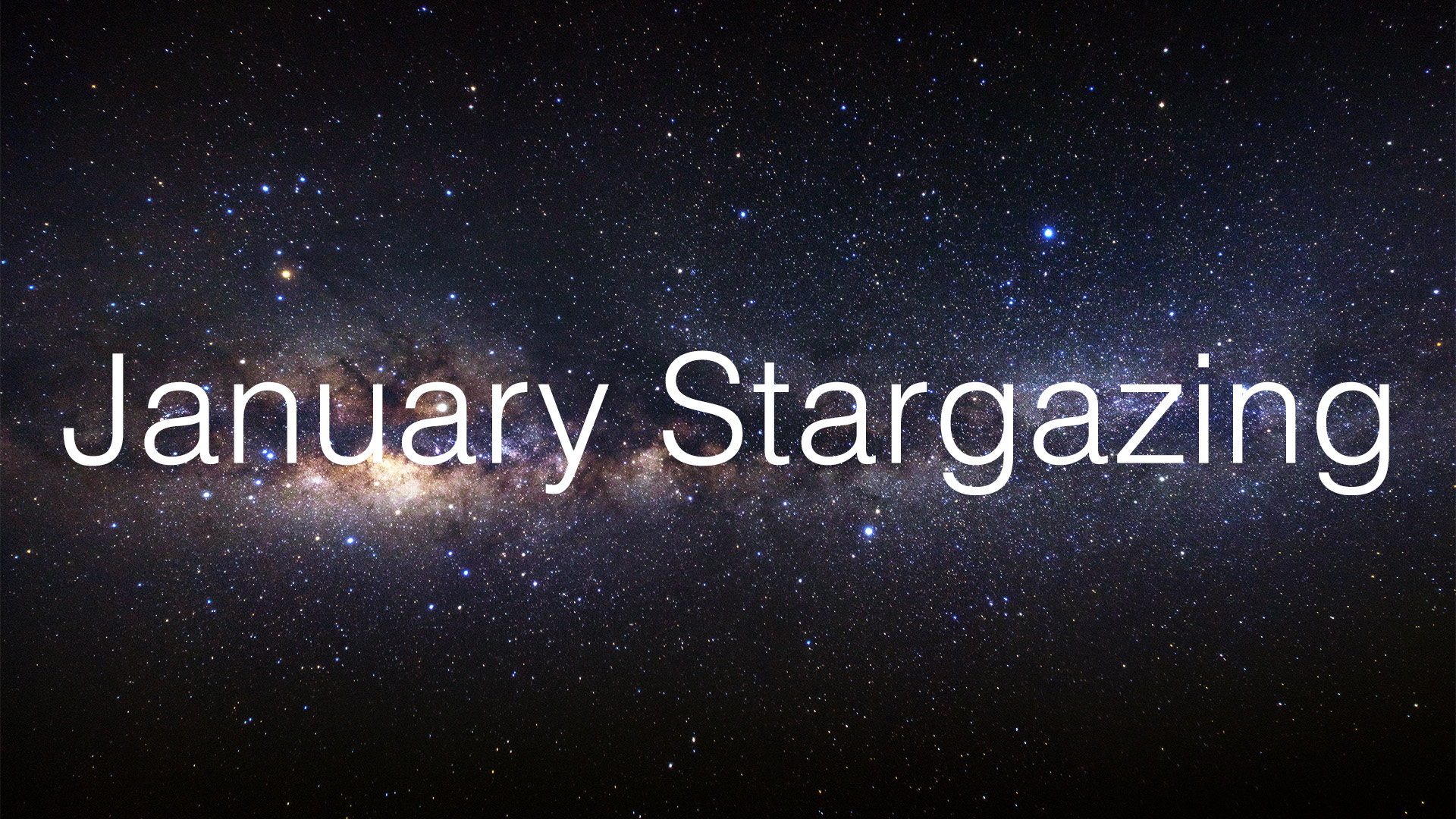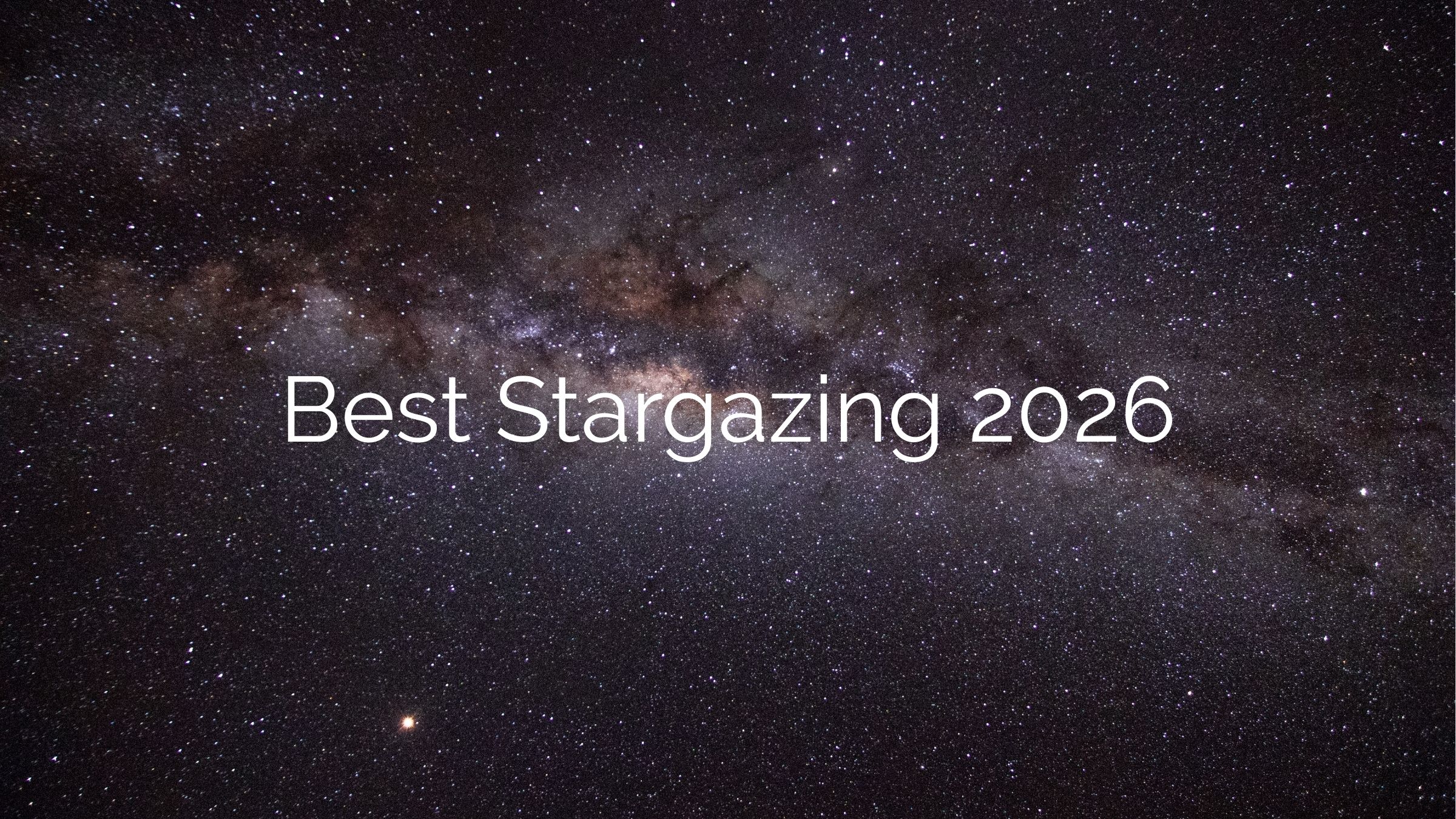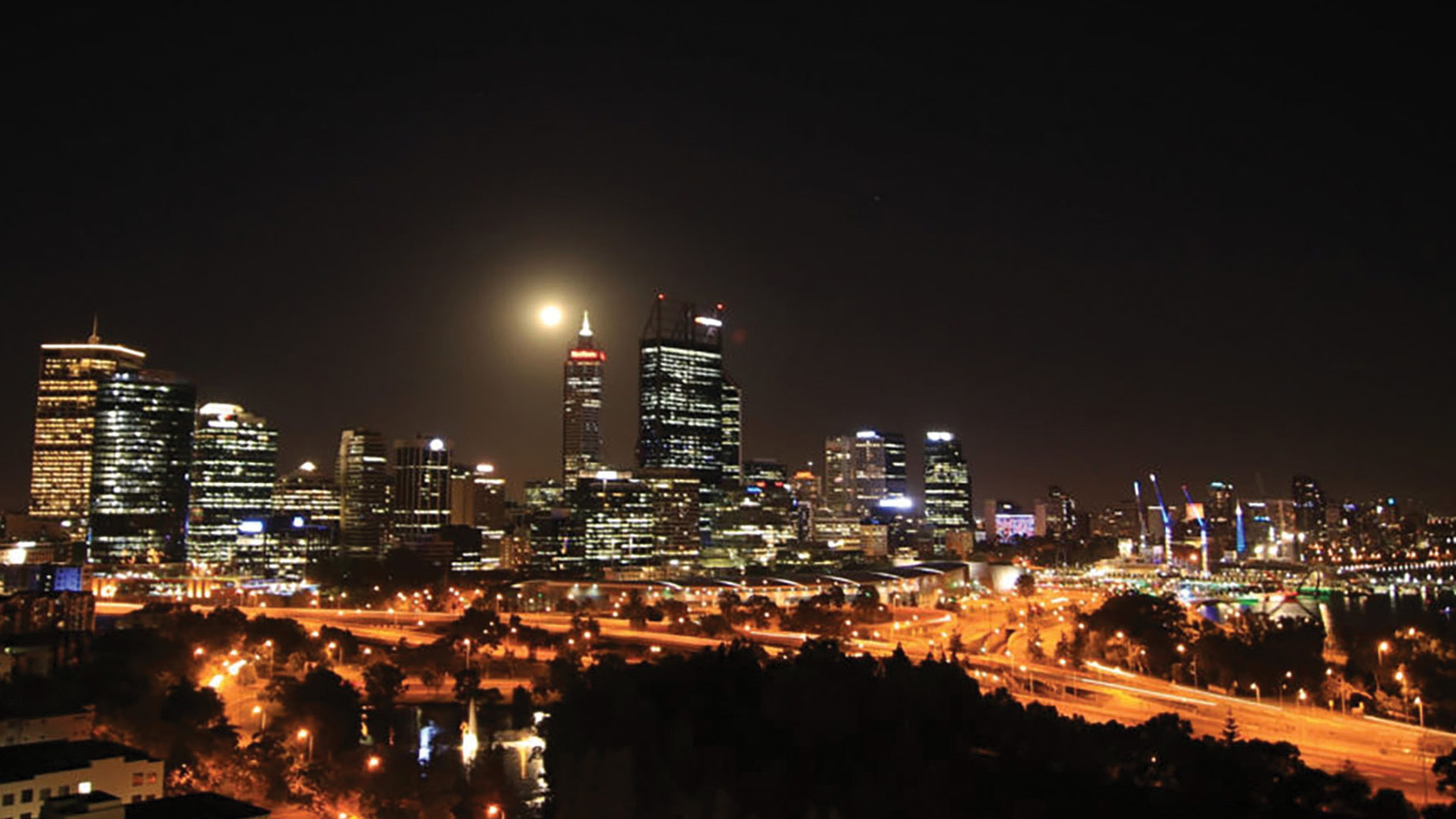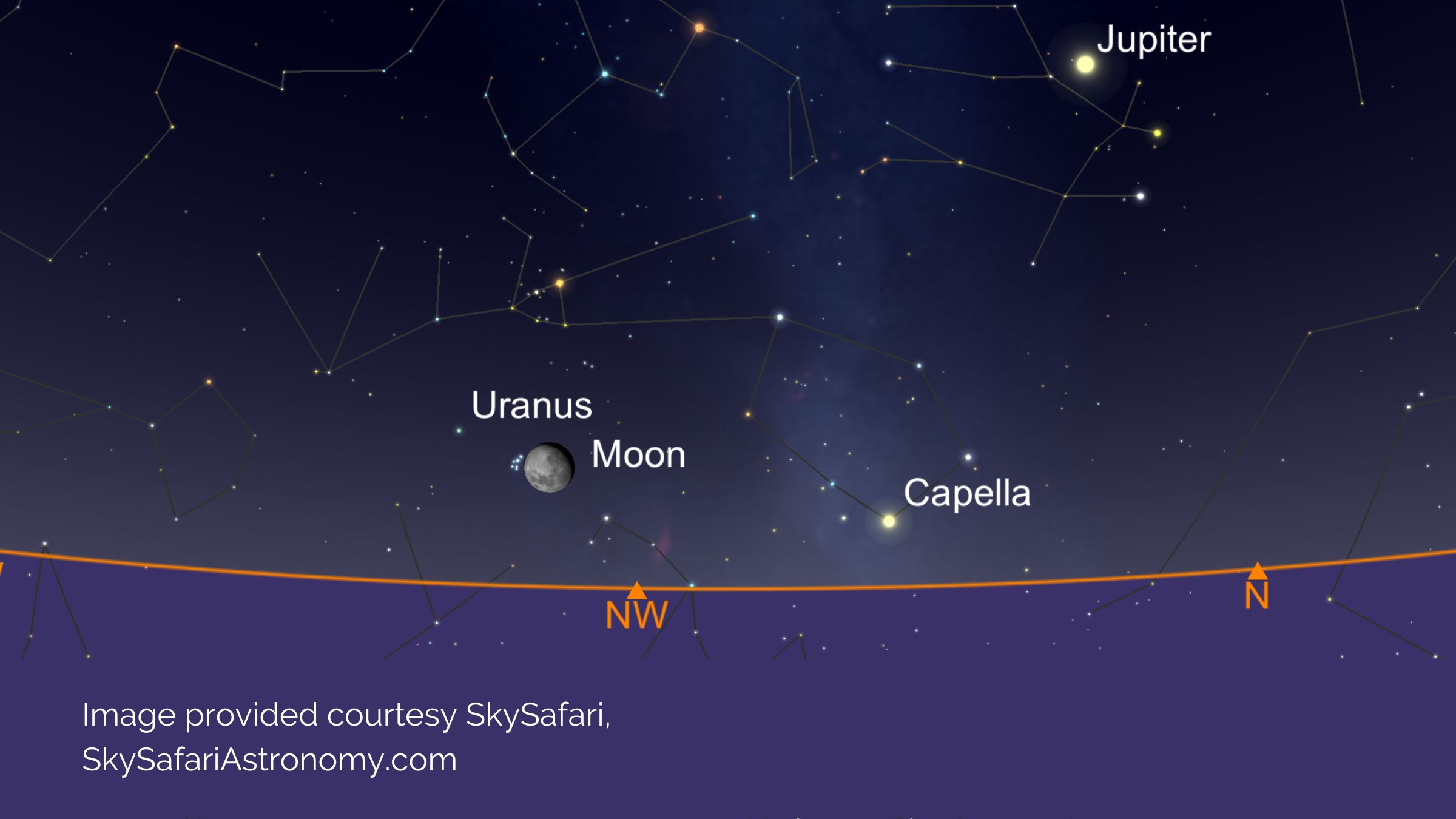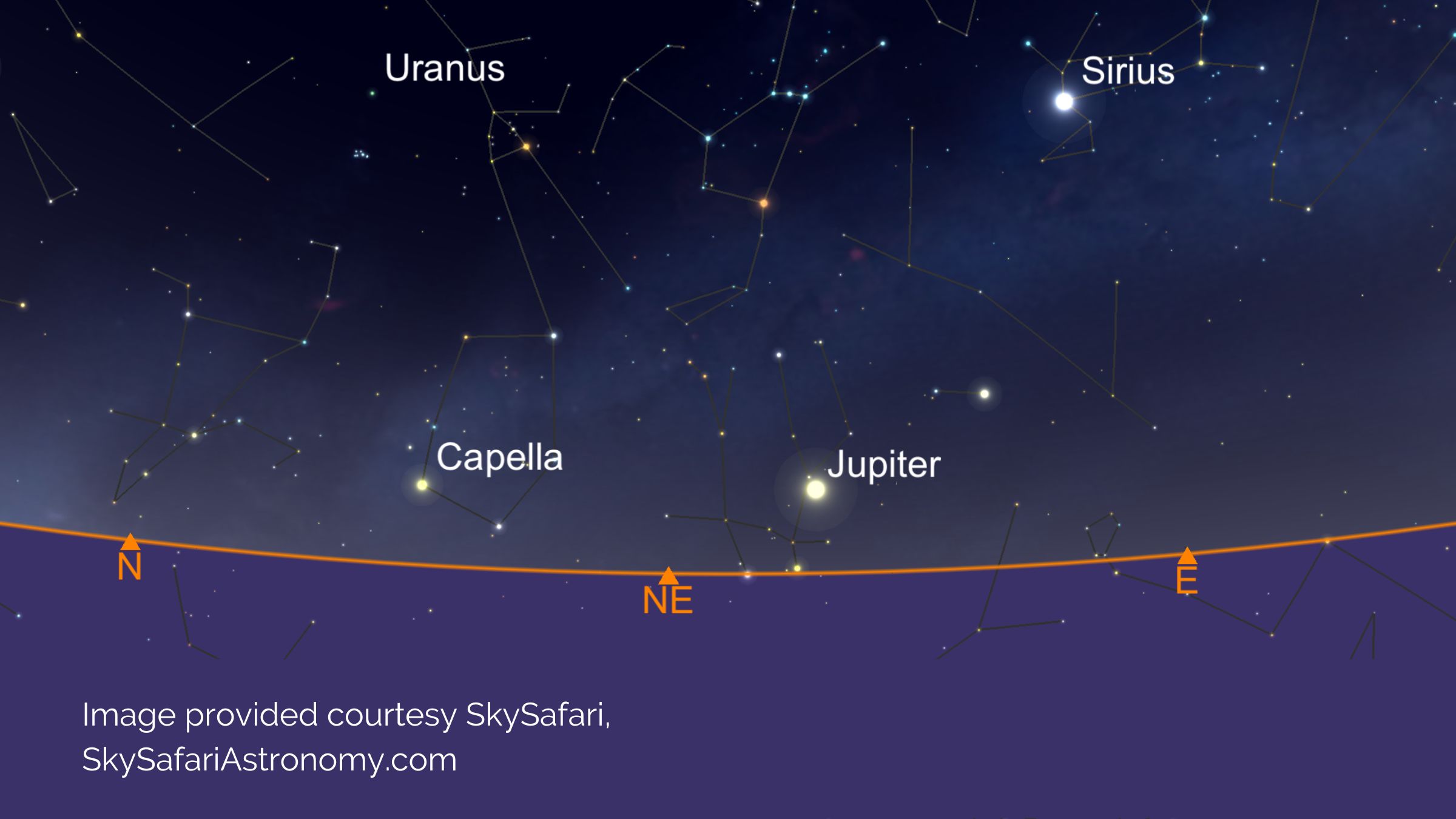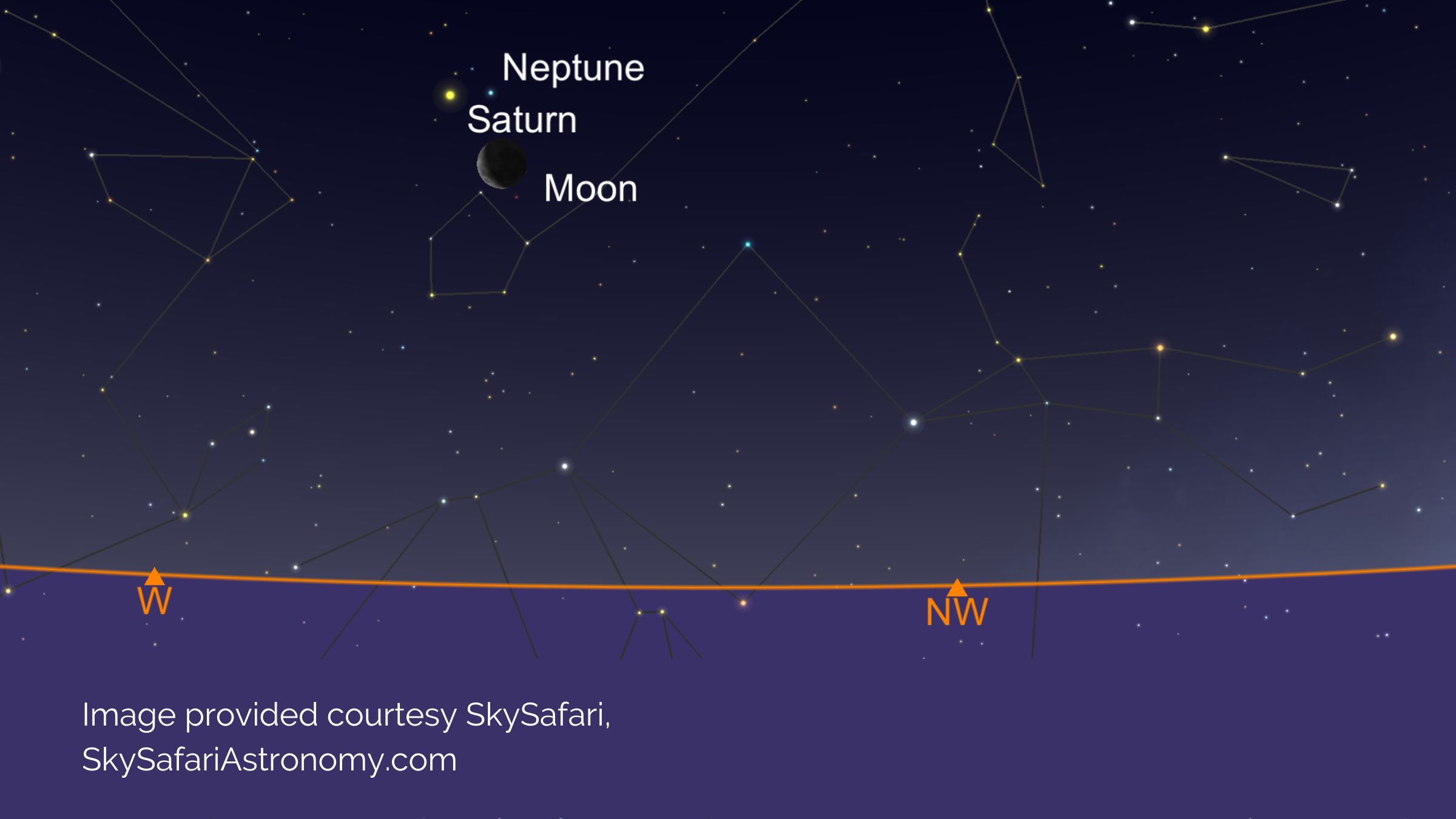Best Stargazing 2026
The spectacular Western Australian night sky will be on show in 2026. We’ve put together your handy list, so you won’t miss a moment of the spectacular stars and the awe-inspiring Milky Way. Low light pollution in WA means that stargazing is a world-class experience...
Supermoon | 3rd January, 24th November, 24th December
You’ve probably heard about 'supermoons', but what are they? In the strictest sense, supermoon isn't an astronomy term — the name was coined by an astrologer, and even today, some people are still convinced that the extra gravitational 'tug' from a supermoon is...
New Year’s Moon and Jupiter | 31st December-1st January
It's the Moon and Jupiter that will see in the New Year with you! The Moon will sink below the western horizon just after 1.30am on New Year’s morning, so if you’re still up, you’ll see your first moon set for 2026! Use the above image as a guide. Astronomical images...
Quadrantids Meteor Shower | 3rd-4th January
The Quadrantids Meteor Shower is better seen from northern Western Australia. The radiant point, or the point in the sky where the meteors seem to come from, is below the horizon for southern WA which reduces the number of visible shooting stars. It is a popular...
Jupiter Best Viewing | 10th January
This is the month to view Jupiter! The image above is for about 8pm on 10th January. On this date, Jupiter is at what is called "opposition" and means its closest to Earth for the year. It also means that this is the ideal time to view Jupiter through telescopes. If...
See a Star Disappear | 15th January
Antares is a super giant red star and the 15th brightest star we see in the Southern Hemisphere's night sky. In the early hours of 15th January, the Moon will pass in front of Antares and the view should be spectacular, especially when the action starts. When the Moon...
Saturn and the Moon | 23rd January
On these beautiful summer nights, take the time to be outside after sunset to see a stunning view of Saturn close to the crescent Moon. If you keep watching the pair over the coming fortnight, you'll see the Moon appear to move further away from Saturn. Use the above...
Orion the Hunter
Orion the Hunter is a famous summer constellation, and it is up in the early evening for you to see now. First thing in the evening, look directly to the east. The brightest star you'll see is Sirius. Directly to the left of Sirius is what is often referred to as 'the...
Magellanic Clouds | Summer & Autumn
Visiting and staying in country WA gives you an excellent opportunity to see the Magellanic Clouds, normally made invisible by bright city lights. The Large and Small Magellanic Clouds (often abbreviated to LMC and SMC) are galaxies near our own Milky Way Galaxy. From...
Full Moon
3 January
Rises 7:41pm (AWST)

Last Quarter
10 January

New Moon
19 January

First Quarter
26 January

